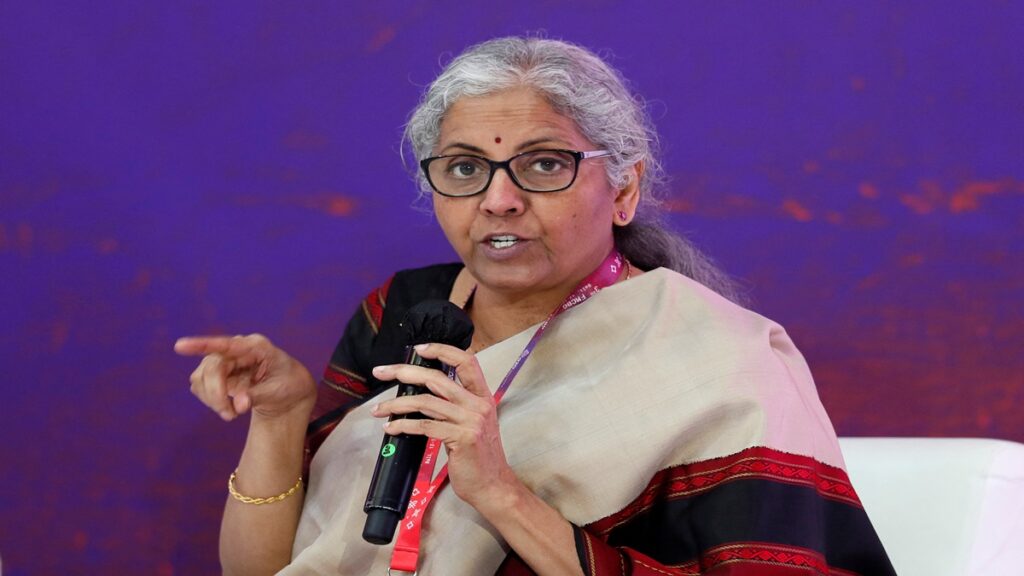NEW DELHI: Finance minister Nirmala Sitharaman on Tuesday asked the Financial Stability and Development Council (FSDC) to focus on a common ‘know your customer’ (KYC) regime, reduce unclaimed assets, and expedite refunds of unclaimed amounts across the financial sector and promote financial inclusion.
The comments came at the 29th FSDC meeting, chaired by the FM, held in Mumbai.
Reserve Bank of India (RBI) governor Sanjay Malhotra, Securities and Exchange Board of India (Sebi) chairman Tuhin Kanta Pandey, chief economic adviser Anantha Nageswaran, and finance secretary Ajay Sheth attended the meeting. The Insurance and Regulatory Authority of India (Irdai) was represented by Parmod Kumar Arora, member (actuary).
Unclaimed deposits have become a cause for concern, with such deposits rising by 57% in the past two years to `97,545 crore as on March 31, RBI’s latest annual report shows. The amount with the Depositor Education and Awareness Fund (DEA) stood at `78,213 crore at the end of March 2024 and `62,225 crore at the end of March 2023.
Banks, including cooperative, transfer unclaimed deposits of account holders lying in their accounts for 10 or more years to RBI’s DEA Fund.
The finance minister suggested expediting the process by holding special district-level camps, with the drive to be conducted in coordination with RBI, Sebi, the ministry of corporate affairs, PFRDA, and Irdai, along with banks, pension agencies, and insurance companies.
The unclaimed amounts comprise deposits in banks, unclaimed shares and dividends managed by IEPFA, and unclaimed insurance and pension funds with IRDAI and PFRDA, respectively.
Another key agenda discussed during the meeting was ensuring a seamless experience for citizens regarding the Know Your Customer (KYC) processes across the financial sector. The council, comprising key stakeholders from various financial regulatory bodies, emphasised ensuring macro-financial stability and strengthening the Indian financial sector’s resilience amid evolving domestic and global economic landscapes.
The meet deliberated on the current macrofinancial situation, stressing the need for vigilance and proactive efforts to mitigate potential risks to financial stability. The council discussed strategies for effective implementation of previous decisions and recent Budget announcements related to the financial sector, including strengthening the cyber resilience framework of the financial sector, considering existing cybersecurity regulations and recommendations from the Financial Sector Assessment Programme (FSAP) 2024-25.
The FSDC meeting also highlighted the importance of enhancing regulatory responsiveness, increasing investment ratios, and reforms in factoring services. Improving the functioning and reach of account aggregator networks was also discussed. The council stressed the importance of strengthening inter-regulatory coordination for the wider development of the financial sector and reviewed the activities undertaken by the FSDC sub-committee, chaired by the RBI governor.
Source: The Financial Express




 Swiss Firms Keen To Expand India Presence As FTA Implementation Draws Near
Swiss Firms Keen To Expand India Presence As FTA Implementation Draws Near 